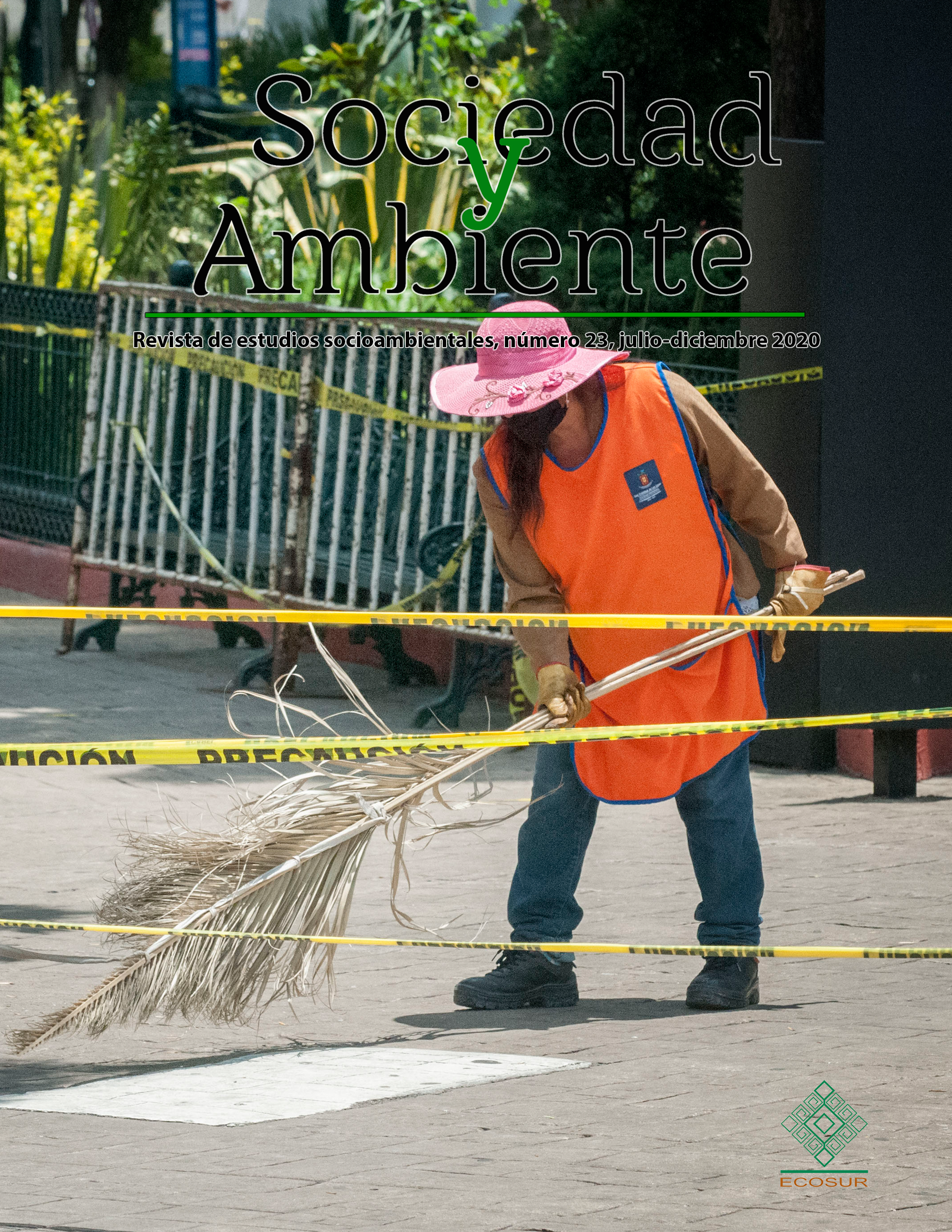Abstract
Five Latin American countries are among the top ten coffee producers, and Mexico is one of them. In this country, coffee production represents one of the main economic activities. However, this activity is subject to recurrent crises, and peasant families constantly face challenges and develop strategies to overcome them. The objective of this work was to identify the historical transformations, threats, and developed strategies to overcome the different crises. The analysis was carried out with a heuristic method and the adaptive renewal cycle approach. Historical sources (secondary information) were reviewed and 143 interviews were conducted with coffee growers from eight municipalities in Chiapas, Mexico. Three major periods were identified: 1) arrival and consolidation of the coffee activity in Chiapas (102 years); 2) institutional period (44 years), and 3) organization for marketing (20 years). It is concluded that coffee cultivation is a complex and dynamic system that has endured different periods of crises and transformation; and that the adaptive renewal cycle approach can help understand current processes.

Sociedad y Ambiente by ECOSUR is licensed under a Creative Commons Reconocimiento-NoComercial-SinObraDerivada 2.5 México License


